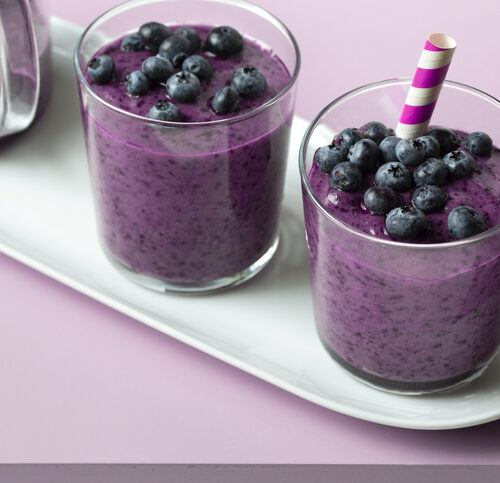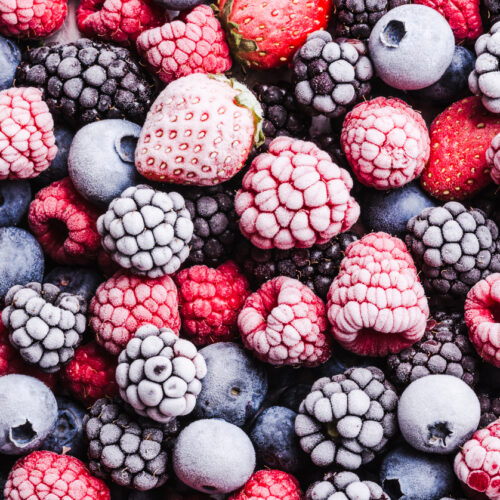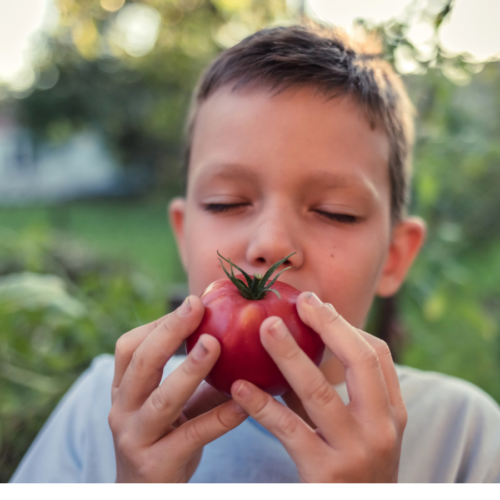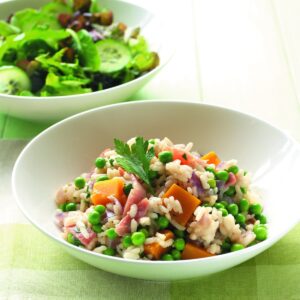
Q. “My 14-year-old son is about to embark on Academy Soccer training, which means training up to five days a week. I want to make sure he is getting the food and protein he needs, is there an easy guide?”
CarinaA. We asked nutritionist Jennifer Peters to respond:
Teenagers and children who are growing and playing sport have a significant increase in nutrient requirements. If your young athlete is well-nourished, they will be able to play better, for longer, and stay mentally alert. Studies have shown that if a person is eating enough food to meet their energy requirements, they are also receiving enough protein. In the western world we already eat a lot more protein than our bodies require, so rest assured your son will be receiving enough protein from a normal, balanced diet.
Use breakfast to jump-start a healthy day. An ideal daily breakfast consists of cereals and bread, fruit or fruit juice and a dairy product (a yoghurt or glass of milk). Children from nine years old and throughout their teens should be eating at least three dairy serves a day. One serve is equal to a cup of milk, a pottle of yoghurt or 30g cheese (the size of a small matchbox).
Lunch and dinner should provide protein, carbohydrate, some fat, as well as vegetables or salad. Protein-rich foods include lean meat, chicken, dairy products, eggs, fish and beans. Soccer players require a high carbohydrate intake on a daily basis to replenish muscle stores after each training session so it’s important to make carbohydrate the basis of all meals and snacks. Good sources of carbohydrate include breads, cereals, fruit, starchy vegetables and legumes – such as kidney beans, chickpeas and baked beans – and fruit.
Teenagers on-the-go need to eat little and often to help keep their energy levels up, and regular snacks are just as important as main meals in ensuring a good energy and nutrient intake. Milk-based drinks, yoghurt, fruit, breakfast cereals, muesli bars and fruit buns are all nutritious snack choices.
Hydration is an important issue when playing soccer; dehydration of as little as 1% can greatly affect sporting performance. Water and sports drinks are the best choices before, during and after sports. Sports drinks have the added benefit of providing carbohydrate and sodium for optimum rehydration, plus they taste good which can encourage children to drink more.”
For more information, the Australian Institute of Sport has sports-specific fact sheets available to download from their website.
www.healthyfood.com











